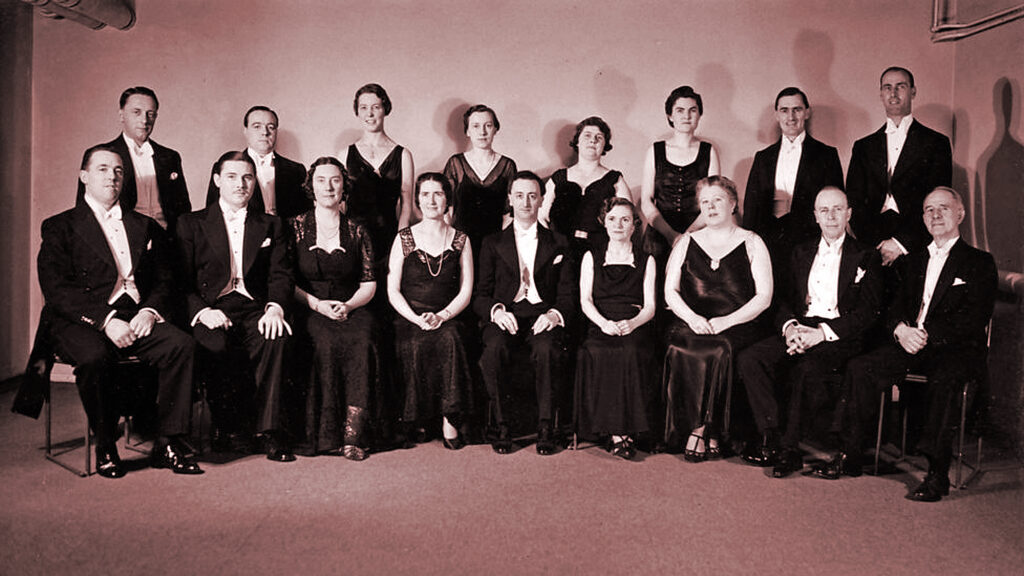At the time of writing this post, The BBC has taken the bizarre decision to silence permanently the BBC Singers, the UK’s only full-time professional chamber choir, established in 1924. A decision taken, one year before it’s 100th centenary, has left shock waves throughout the industry. Yet another messy butchering of something worthy, beautiful and inspiring, it follows yet more BBC announcements to review the future of the remaining five orchestras and other musical ensembles. A prelude to further sackings and redundancies. Simon Webb, the BBC’s Head of Orchestras and Choirs, proposed that the BBC will convene a new Classical Advisory Group, “of industry leaders from across the classical music sector”. This group is intended to “advise on strategic decisions and sector-wide engagement”. What a load of old tosh!! You can hear the nails being smacked painfully into the coffin. Furthermore, Simon said that they were in ‘consultation’ with the Musician’s Union whatever that means. A tuneless mess, or mass, if ever there was one.
It’s extraordinary that the BBC genuinely believe they will save money by doing this. Maybe they should reduce some of the fees paid to their celebrity presenters, increase their license fee, introduce limited advertising, sell another car park?
Meanwhile the announcement included an increased commitment to supporting music education. The BBC claims it will be “doubling funding for music education and launching new training initiatives”.
I was lucky enough to get an introduction to BBC Education some time back.
My first was music for a TV show called Mathscope and then several music series for BBC Radio Education. These covered the classics from Shakespeare to Dickins and imaginatively obscure folk tales enabling some wonderful teaching and musical innovations.
I was given the opportunity to introduce other musicians and presenters into what was regarding as a very poor relative to programming and education in general at the BBC at that time. It enabled me to use singers both professionally and those starting from scratch, children who went on to bigger and better and projects that lasted and still being broadcast to this day.
We created songbooks and several series that were projected forward to supply material for generations to come, covering music, history, religion, and other educational subjects. But as with most things funding or lack of, ended further progress. I remember receiving a contract for a new series of songs and within a couple of days getting a panic phone call from the head of department asking (begging) me not to sign it as it had exceeded their budget. I offered to reduce the fees. I offered to do it for free, but sadly the reduced budgets got the better of them and me.
So, with this new initiative and very clumsy hatched job the BBC seems to think is appropriate, I genuinely feel that if they do what they say and increase funding for music education and music training initiatives then all may not be lost. Do not forget, dear BBC, you are here to inspire, instruct, inform, be accountable, be creative, to serve.
These last words are not mine:
“Wherever in the world I work with non-professional choirs, they ALWAYS mention the @BBCSingers and how much they look up to them as a professional ensemble. The BBC are underestimating the international prestige and respect their ensembles bring them,” Leo Hussain, conductor.


